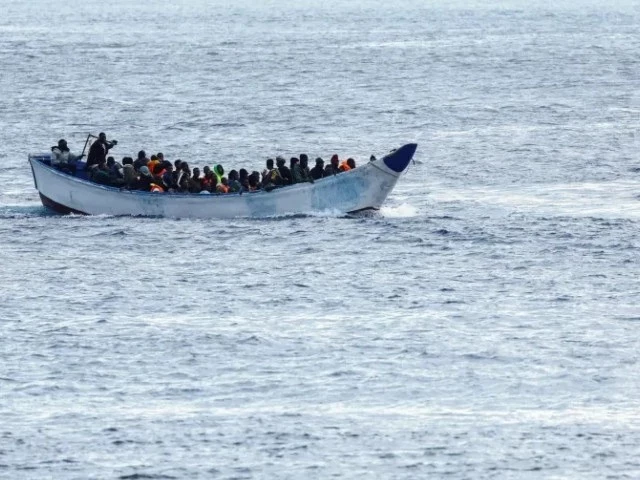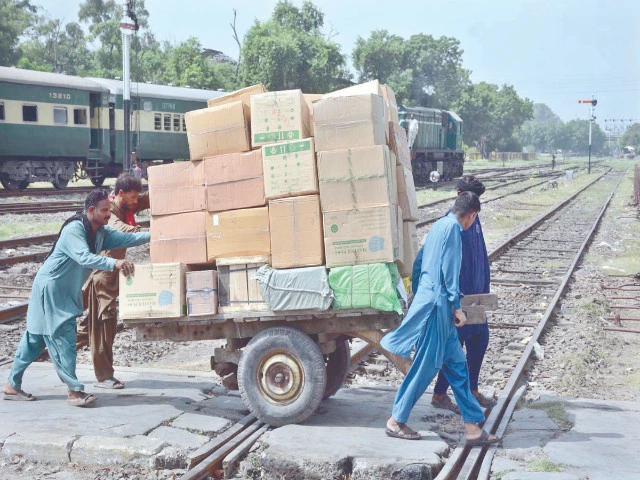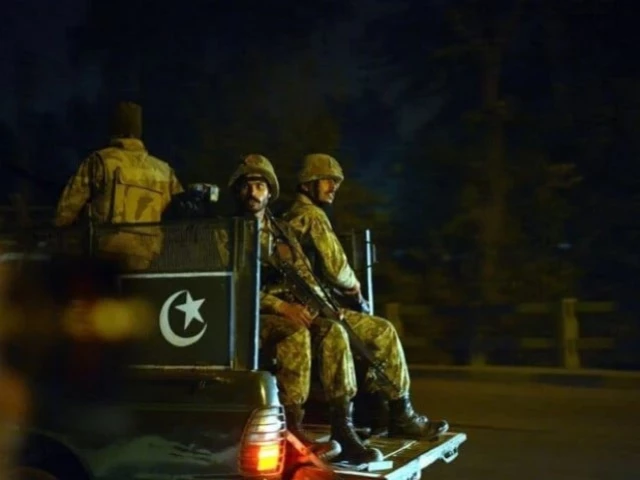Tragedy at Sea: The Ongoing Crisis of Migration from Libya
Over the weekend, the Mediterranean witnessed yet another heartbreaking incident, highlighting the critical migration crisis that continues to plague the region. Reports from the International Organization for Migration (IOM) indicate that at least 18 migrants lost their lives in a shipwreck off the coast of Tobruk, in eastern Libya. Tragically, 50 individuals remain unaccounted for, underscoring the dangers that thousands face while seeking a better life in Europe.
Tobruk, a coastal city not far from the Egyptian border, has become a key point in this ongoing saga. The IOM has reported that ten survivors from this tragic incident have been located. According to a diplomatic source from the Egyptian consulate in Benghazi, these migrants were primarily from Egypt. It’s a grim reminder of the lengths many are willing to go in search of safety and opportunity.
The Libyan Coast Guard confirmed that the bodies of the deceased were found at Alaghila Beach, approximately 25 kilometers east of Tobruk. The identification process is ongoing, with ten bodies already sent back to their homeland. Meanwhile, those who survived are currently held in an anti-illegal migration facility, where they will likely face the daunting process of seeking asylum.
Since the overthrow of Muammar Gaddafi in 2011, Libya has transformed into a major transit hub for migrants fleeing conflict and economic hardship. Many people are making the perilous journey across the Sahara Desert and the turbulent Mediterranean Sea, driven by desperation in their home countries. The impact of this migration crisis is not just felt in Libya but resonates throughout Europe, sparking debates about immigration policies and humanitarian responsibilities.
As these tragic events unfold, it’s crucial to remember that behind each statistic are real lives marked by resilience and hope. The stories of these migrants remind us of the fundamental human desire for safety and belonging. For those who want to learn more about the complexities of migration and how to support meaningful change, engaging with organizations working on the ground can make a difference.
If you’re intrigued by these pressing issues and wish to connect with others who share your commitment to humanitarian causes, consider reaching out to relevant platforms like Pro21st. Together, we can foster awareness and support positive change in the face of adversity.





